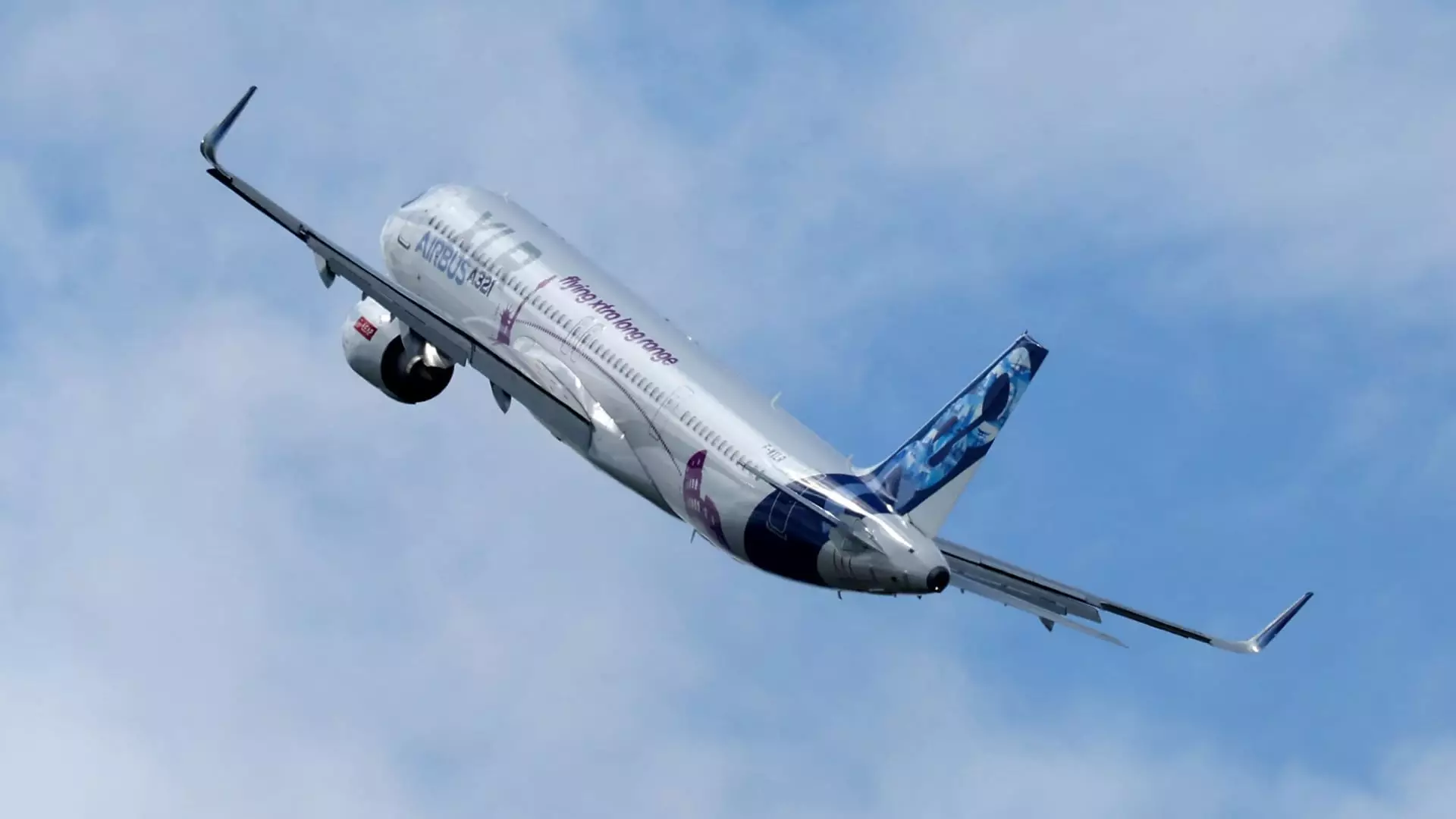The Farnborough Air Show, a major event in the aviation industry, has highlighted the challenges faced by major aircraft manufacturers like Boeing and Airbus. Instead of announcing massive airplane orders as in previous years, the focus this year was on the struggles these companies are facing in ramping up airplane production. Both Boeing and Airbus are battling a hangover from the pandemic that has resulted in seesawing output and difficulties in meeting their commitments to airlines, suppliers, and the supply chain.
The production issues faced by Boeing and Airbus are leading to a shortage of new, more fuel-efficient planes in the market. This shortage is a result of delays in production, particularly in training new workers to fill the gaps left by skilled workers who either left during the pandemic or opted for early retirement. Analysts suggest that these issues will take years to fix, causing headaches for the entire industry.
Order Tally at the Air Show
During the Farnborough Air Show, Boeing and Airbus reported a muted order tally compared to previous years. Boeing managed to secure 96 orders and commitments, while Airbus had 266 orders, which is a significant drop from the 826 orders they received at the Paris Air Show a year earlier. The lack of new orders can be attributed to the fact that both manufacturers are largely sold out of narrow-body jets, such as the Boeing 737 Max and Airbus A321neo, for the next few years.
Production Strains
Boeing and Airbus are facing production strains, with Boeing trying to ramp up production of its Max planes to meet the demand. Airbus, on the other hand, is struggling with parts shortages, including landing gear, engine components, and cabin interiors. These shortages are slowing down production and depriving airlines of more fuel-efficient planes. Both manufacturers are taking steps to address these issues, with Airbus deploying more supply chain engineers among suppliers to ensure better coordination.
One of the biggest challenges faced by Boeing and Airbus is training new workers to fill the gaps left by the loss of skilled workers. The industry is now looking at a three-to-five year timeline to overcome this issue. Lower wages in the industry are also a concern, with experts suggesting that wages need to be reset to attract new talent. Both Boeing and Airbus acknowledge the need to invest in training programs to develop skilled workers for the aerospace industry.
The Farnborough Air Show has shed light on the production challenges faced by major aircraft manufacturers like Boeing and Airbus. The shortage of new, fuel-efficient planes and the struggles in meeting production targets indicate that the industry is facing long-term issues that will require careful planning and investment in training programs to overcome. Addressing these challenges will be crucial for the industry to rebound and thrive in the post-pandemic era.

